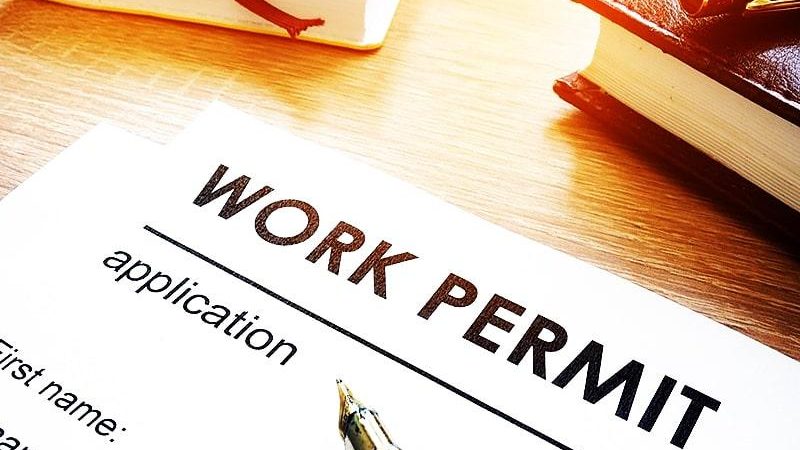Deciding Disclosure Requests where Objection based on Privacy raised
A Balancing of Evidential Value and Potential Prejudice In Mohamud v. Juskey,[1] released August 2023, the court set forth a new legal framework for disclosure requests in the civil context where a party objects on privacy grounds. The plaintiff sued the defendant for a MVA wherein he crossed into her lane and caused her to crash under wet road conditions. The plaintiff allegedly sustained a concussion, whiplash, chronic pain, soft-tissue and psychological injuries (e.g., depression). She sued the defendants – being the driver and the owner of the vehicle involved – for general damages, loss of enjoyment of life, loss…
Read More









